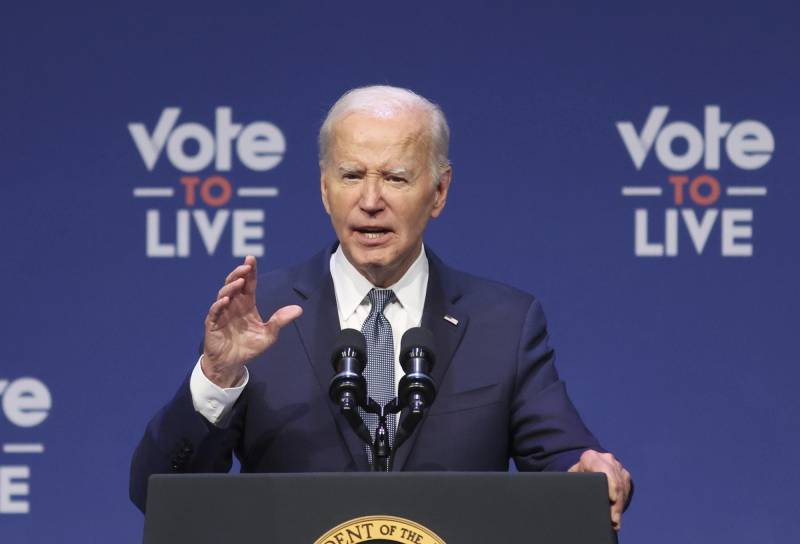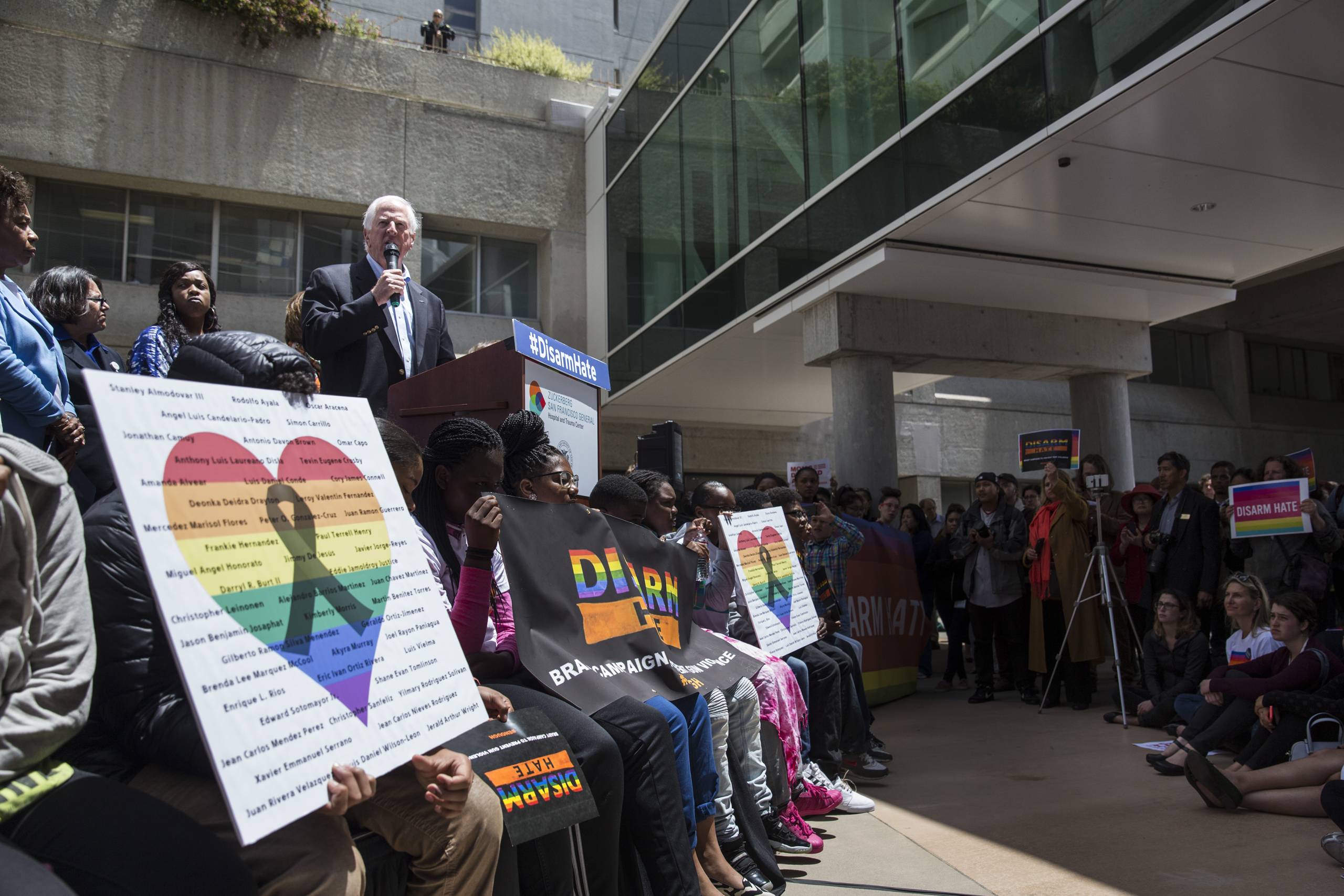After the attempted assassination of former President Donald Trump by a gunman with an AR-style rifle led some lawmakers to reiterate calls for increased gun control, President Biden on Tuesday again said it was time for a federal assault weapons ban.
Still, the attack against Trump isn’t likely to move the needle on Capitol Hill, experts say.
“What happened to former President Trump at his rally was absolutely horrific,” Rep. Mike Thompson (D-St. Helena), who chairs the House Gun Violence Prevention Task Force, told KQED. “The fact that this happened should put us all on high alert that we need to be making some changes.”



